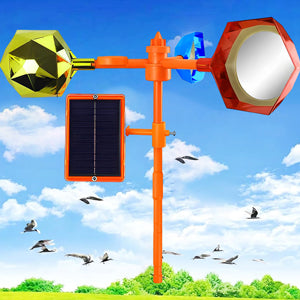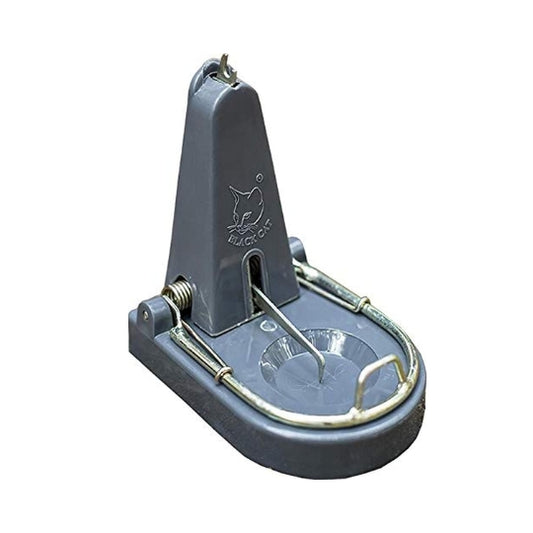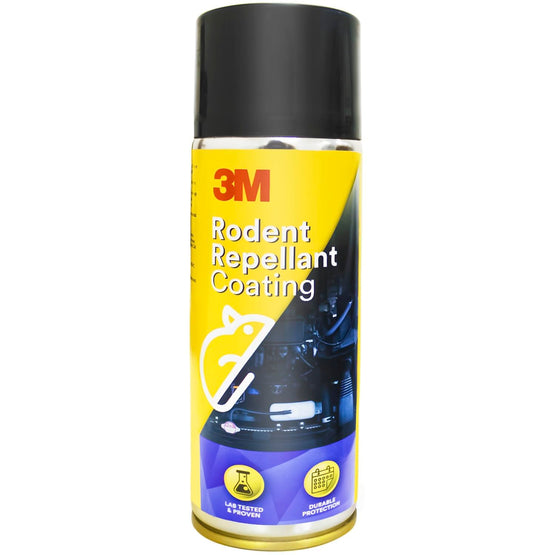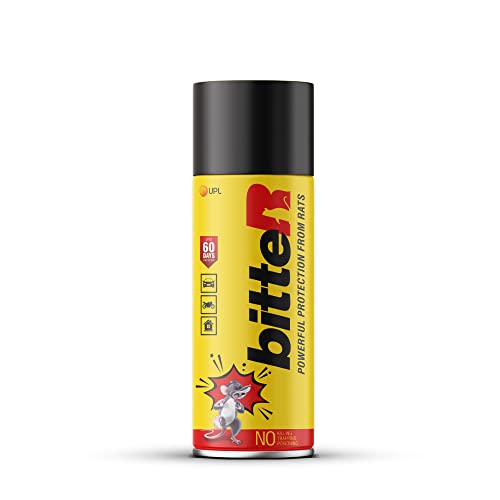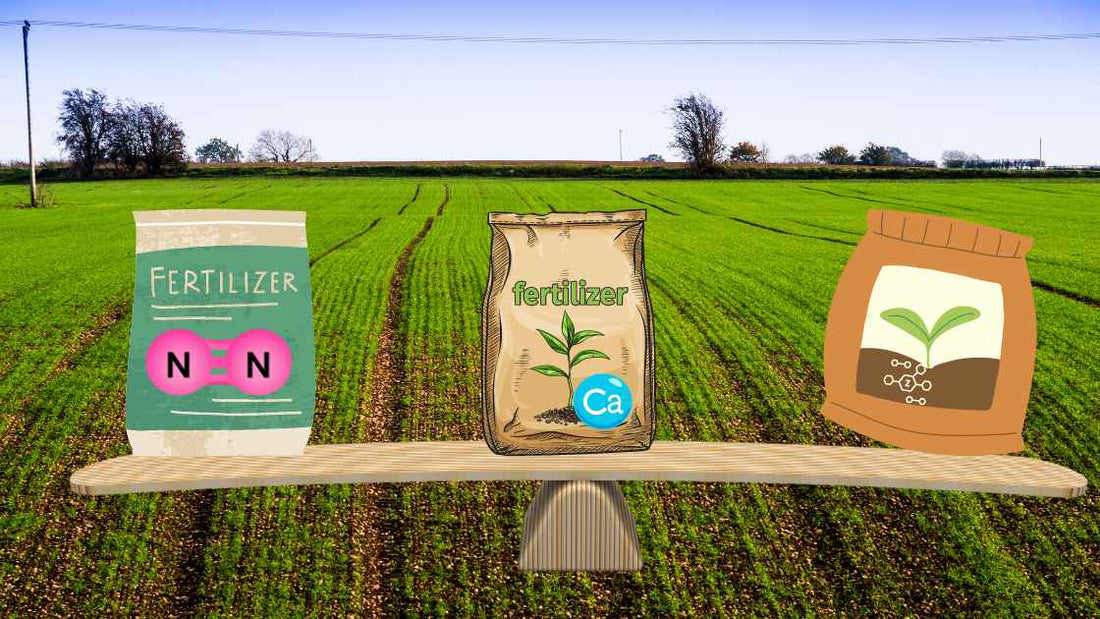
How fertilzier balancing can reduce pest infestation in crop?
Share
Balanced fertilization can reduce pest infestations in crops by promoting healthy plant growth and improving plant defenses against pests. When plants receive an adequate supply of all essential nutrients, they are better equipped to resist pest attacks.
Some key ways that balanced fertilization can reduce pest infestations include:
Improved plant nutrition: Balanced fertilization provides plants with all the essential nutrients they need for healthy growth and development. This can improve plant resistance to pests by promoting stronger plant tissues and better plant immunity.
Faster recovery from pest damage: Plants that are well-nourished can recover more quickly from pest damage. This allows them to resume growth and development faster, which can help reduce the impact of pest attacks.
Reduced susceptibility to pests: Balanced fertilization can reduce plant susceptibility to pests by promoting more uniform growth and development. This can reduce opportunities for pests to colonize and reproduce on the plant.
Enhanced plant defense mechanisms: Some nutrients, such as potassium, can help improve plant resistance to pests by enhancing plant defense mechanisms. For example, potassium can improve plant cell wall strength and increase the production of plant defense compounds.
However, it is important to note that fertilization alone is not sufficient to control pest infestations in crops. Integrated pest management (IPM) strategies that incorporate a range of management tactics, including cultural practices, biological control, and chemical control, are often needed to effectively manage pest populations.



